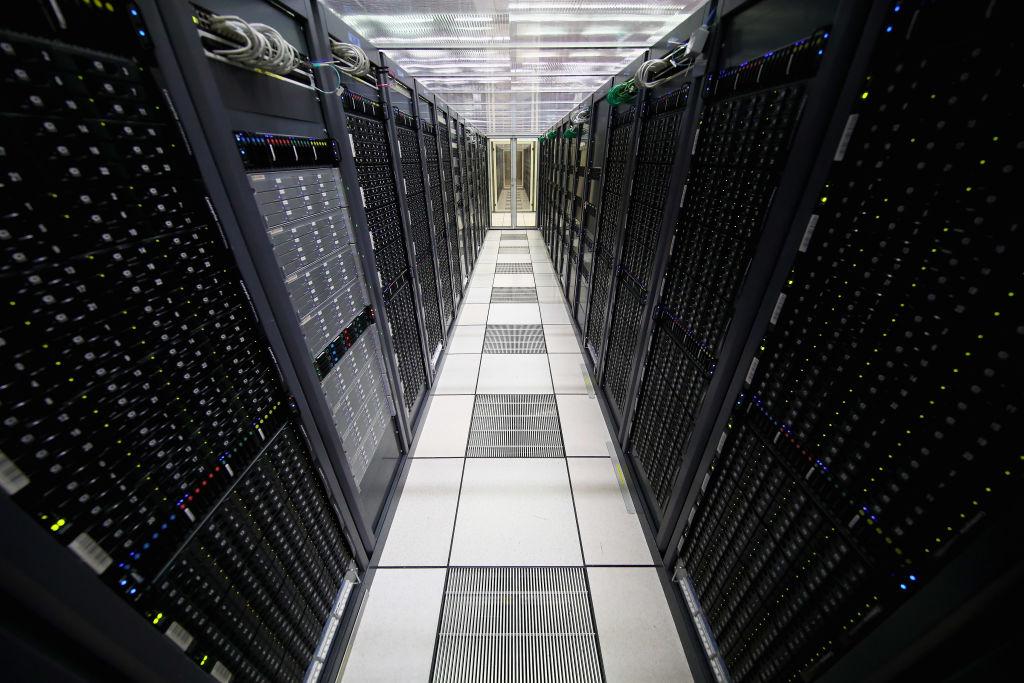Australian Prime Minister Scott Morrison has defended the delayed exit by the Department of Defence from a Chinese-owned data centre based in Sydney.
Defence made plans in 2017 to migrate all its data into a secure, government-owned facility by 2020, after the UK-based Global Switch owners sold a 49 percent stake to the Chinese consortium Elegant Jubilee in December 2016.





